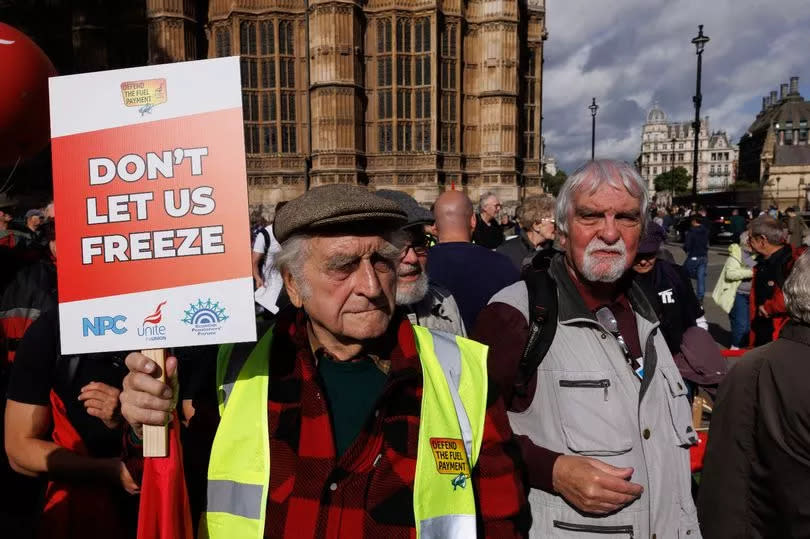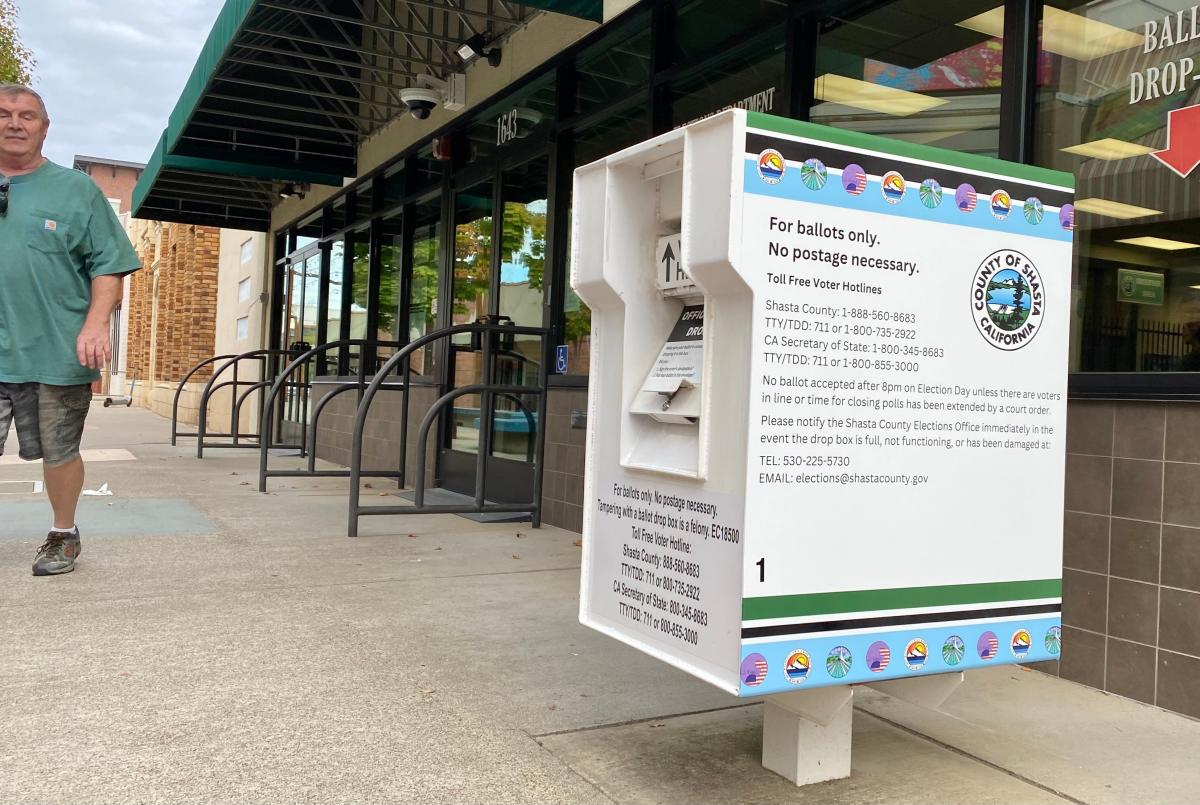Poverty among older Brits will increase massively by the end of the decade, with tens of thousands more pensioners falling into hardship every year due to cuts to the Winter Fuel Payment, the head of the Department for Work and Pensions (DWP) has admitted.
The new Labour government announced the sweeping cut to the previously universal pensioners’ benefit in July, as part of a package of measures to address what it described as a “£22 billion black hole” left by 14 years of Conservative rule. The move is forecast to save £1.4bn per year from this winter, with only those claiming Pension Credit receiving the payment, which is worth between £200 and £300.
Liz Kendall MP, Secretary of State for Work and Pensions, admitted that the DWP’s own internal forecasts on the impact of means-testing the Winter Fuel Payment shockingly predicted 300,000 pensioners would fall into relative poverty, after housing costs, due to the change. However, in a letter to the Work and Pensions Committee revealing the previously unknown sum, Kendall said this number had lowered to 200,000 – with 50,000 more pensioners slipping into poverty each year by 2029 as a direct result of the policy.
READ MORE: DWP issues urgent update over cost of living payment ‘direct link’ alert
The admission from the DWP boss appears to contradict public statements that there were no such estimates for the changes to the Winter Fuel Payment. On Tuesday, BBC’s Newsnight reported that Prime Minister Sir Keir Starmer had said in September: “There isn’t a report on my desk which somehow we’re not showing. I know you think there is a report on my desk, but there isn’t one.”

Due to the change in Winter Fuel Payment eligibility, only those who qualify for Pension Credit will get the helpful cash boost for heating costs this year. To receive Pension Credit, your income must be below £173 a week for single people, or £236 for couples, though thousands of pensioners are thought to be failing to claim the benefit.
In her letter to the Work and Pensions Select Committee, Liz Kendall MP said: “At the time of the original policy decision, the internal modelling showed that compared to numbers that would have been in poverty without this policy, restricting Winter Fuel Payment eligibility would result in each year in question an estimated additional 100,000 pensioners in relative poverty after housing costs in 2025/26, 50,000 in both 26/27 and 27/28 and 100,000 in28/29.
“For absolute poverty after housing costs, it is estimated that an additional 50,000 pensioners will be in poverty in each year in question from 25/26 to 28/29.”
The fresh estimate that poverty among pensioners would increase by as much as 10 per cent by the end of the decade comes after the Office for Budget Responsibility updated its forecasts on the country’s economic outlook, the DWP minister said. Kendall also noted the figures did not include estimates on the impact of the government’s campaign to increase Pension Credit uptake.
Morgan Vine, director of policy at Independent Age, said: “It’s extremely concerning to see that energy bills are predicted to go up yet again next year. This means older people living on low incomes will have to stretch their already limited budget even further.
“Worryingly, many people in later life will have to manage this predicted bill increase without the winter fuel payment, a vital lifeline for many. Time is running out and the weather is turning bitter, but it’s not too late for the UK Government to change course and ensure everyone who needs the winter fuel payment receives it.”
EMEA Tribune is not involved in this news article, it is taken from our partners and or from the News Agencies. Copyright and Credit go to the News Agencies, email news@emeatribune.com Follow our WhatsApp verified Channel




